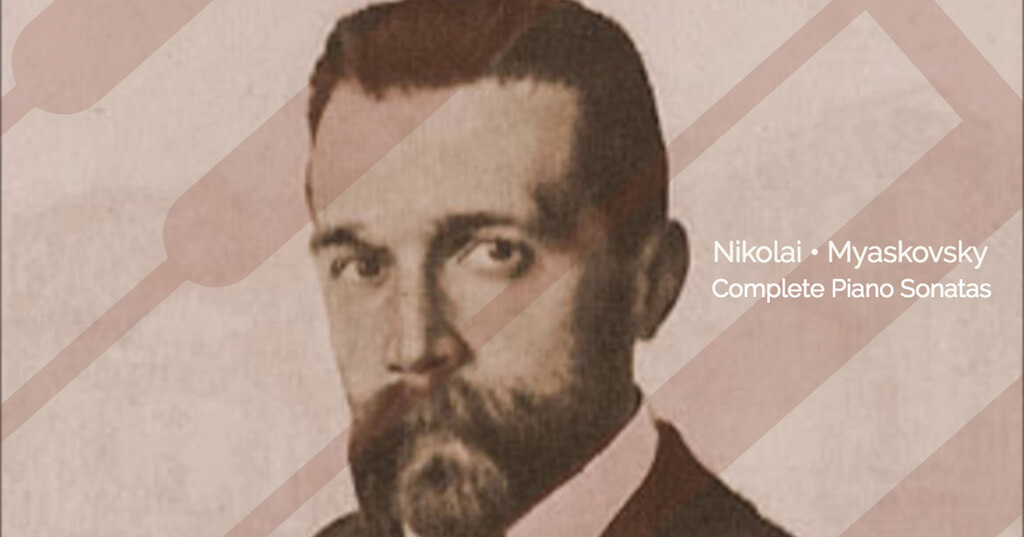Nikolai Myaskovsky: Complete piano sonatas (Moscow Conservatoire)
★★★★ (out of five)
There is no clear western perception of Myaskovsky. We think we know Prokofiev and Shostakovich, whether through their music or through their Stalin ordeals. But their senior contemporary barely flickers on our attention even though Stravinsky, among others, held him in high regard.
In a fairly undramatic life, Miaskovsky simply got on with writing symphonies — 27 altogether — and piano sonatas, which serve as a kind of private commentary on the symphonic output. He taught for most of his life at the Moscow Conservatoire, where a successor professor, Mikhail Lidsky, has applied himself to recording the complete piano output on four CDs. This is the first review you will read of the set since the Conservatoire is not exactly geared up to publishing records. You can find the set inexpensively on eBay and similar outlets.
Myaskovsky’s trademark is an unforced musicality. Where Prokofiev makes big gestures and Shostakovich sly ones, Myaskovsky sets the form and lets the music find its own expression. The immense 4th sonata of 1924 (revised 1945) has roots in Beethoven’s Opus 111 and the 3rd sonata of 1939 has a Pushkin theme. Several sonatas exist in two versions, the easier one made for students.
Myaskovsky, who died in 1950 after being victimised in Stalin’s second terror, sticks to a style that barely develops from teenage years to late works. He does not shock or stun. Rather, he suggests — like Tchaikovsky — a Russian vastness that will never be fully known.
Mikhail Lidsky spent most of last year immersed in studying and recording these works from original sources. The late sonata for violin and piano is simply compelling. Why do we never hear it?
- LEBRECHT LISTENS | Two Releases Of Elgar Symphonies To Compare - April 19, 2024
- LEBRECHT LISTENS | Jordan Bak’s Cantabile For Viola Reveals The Neglected Instrument’s Beauty - April 12, 2024
- LEBRECHT LISTENS |David Robert Coleman & The Berlin Radio Symphony Orchestra Reveal The Charms Of Walter Kaufmann - April 5, 2024




